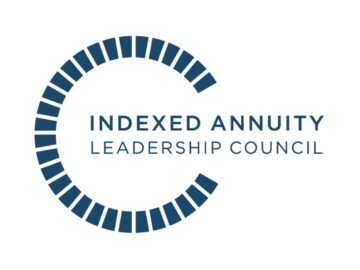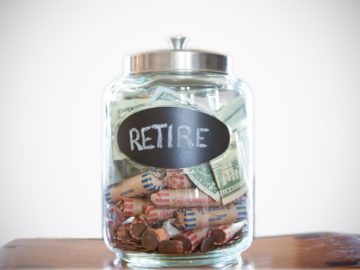How to reign in your retirement future Part 1: Freelancers and entrepreneurs
The workplace has been steadily evolving. While the pandemic and other socio-economic factors trigger sudden workforce trends such as The Great Resignation, others like the rise of the gig economy have been on top of mind for economic forecasters. Many Americans are without employer-sponsored savings plans and are on the hook for solving their retirement savings needs. Ask any freelancer or sole proprietor their biggest fears regarding being in business on their own, and they will likely respond with healthcare and retirement. Today, we’ll focus on the latter: what freelancers and entrepreneurs should think of when saving for retirement.
The modern workforce is changing
Small businesses make up 99.9% of U.S. businesses. There are 33.2 million small businesses (fewer than 500 employees) in the U.S., and most of them (27M+) are freelancers/sole proprietors. McKinsey estimates that global freelance workers will reach 500 million by 2030. Overall, employee engagement is down, trust in leadership is in decline, and employees resist returning to the office. These factors demonstrate why freelancing/gig work is growing.
Additionally, more people aged 65 and older are staying in the workforce. Between 2016 and 2026, the Bureau of Labor Statistics projects the labor force growth rate of those aged 65 to 74 years of age to be more than 50% and the growth rate for those 75 years of age and older to be more than 91%. These workers need retirement savings alternatives that will position them for success in their golden years.
Self-employed financial trends
Saving is hard for the self-employed. Thirty percent of those who are self-employed save for retirement sporadically, while 15% aren’t saving at all. Self-employed individuals running solo companies have an average balance of $62,735 saved versus traditional workers’ mean balance of $122,800. Some reasons include the following:
- Lack of steady income
- Paying off major debts
- Healthcare expenses
- Education expenses
- Costs of running the business
Advice for the self-employed and contractors
While freelancing poses unique challenges for retirement, there are also unique opportunities. Funding your retirement account can be considered part of your business expenses, as any time or money you spend establishing and administering plan can be expended for tax purposes. Additional retirement savings advice for self-employed include:
- Start saving early, continually, and consistently. Time is the most significant advantage when saving for the future, and the importance of compounding interest cannot be understated.
- Do your research on existing products and services. Individual savings products are varied. Annuities, for example, are resilient savings tools and can offer competitive interest earnings, guaranteed income, and weather drops in the market or inflation.
- Consider retirement savings options through professional organizations. While you may work alone, it doesn’t mean you are alone. Many local and national organizations exist that provide portable benefits (healthcare, dental, insurance, retirement savings) and offer complimentary business/financial education. Start with the Freelancers Union, which is a nationwide network, and also try searching online for “freelance networks in [insert your state]” or “freelance benefits.”
- Consult with a personal Financial Advisor or Retirement Plan Advisor. Meeting with a professional is the best way to craft a retirement portfolio that suits your needs. They possess knowledge about the best retirement plans for entrepreneurs and small business owners.
A Fixed Indexed Annuity (FIA) is a great option to consider when adding to your retirement portfolio. FIAs offer a guaranteed income stream, predictable earnings, and tax-deferred growth. More importantly, they are purchased individually and provide diversification in addition to other individual retirement products such as IRAs or a solo 401(K). With FIAs, your principal is protected from market loss and will never decline in value as long as you continue through the length of your contract. As the number of freelancers and small business owners increases, FIAs offer Americans peace of mind in their retirement journeys.





